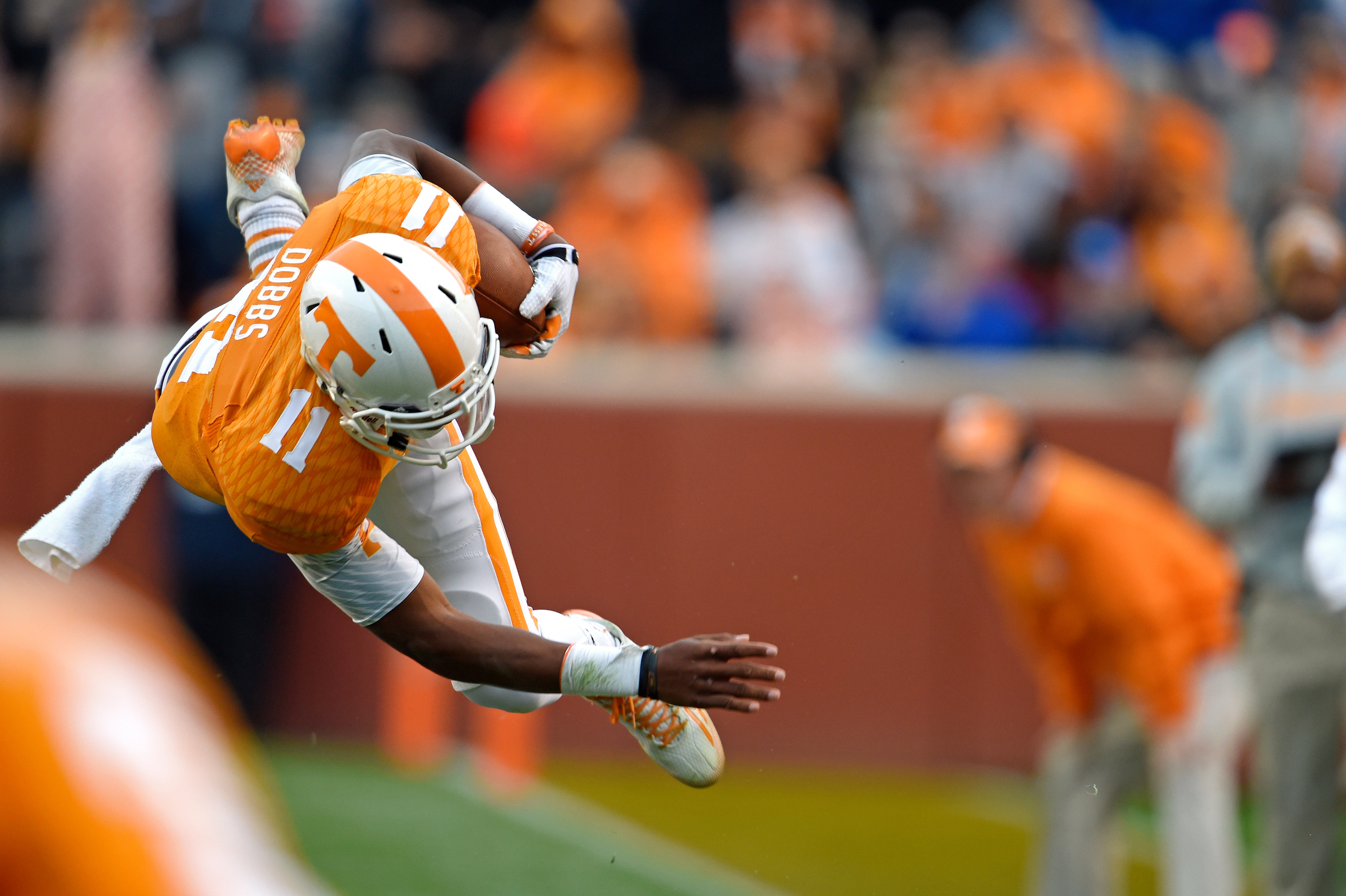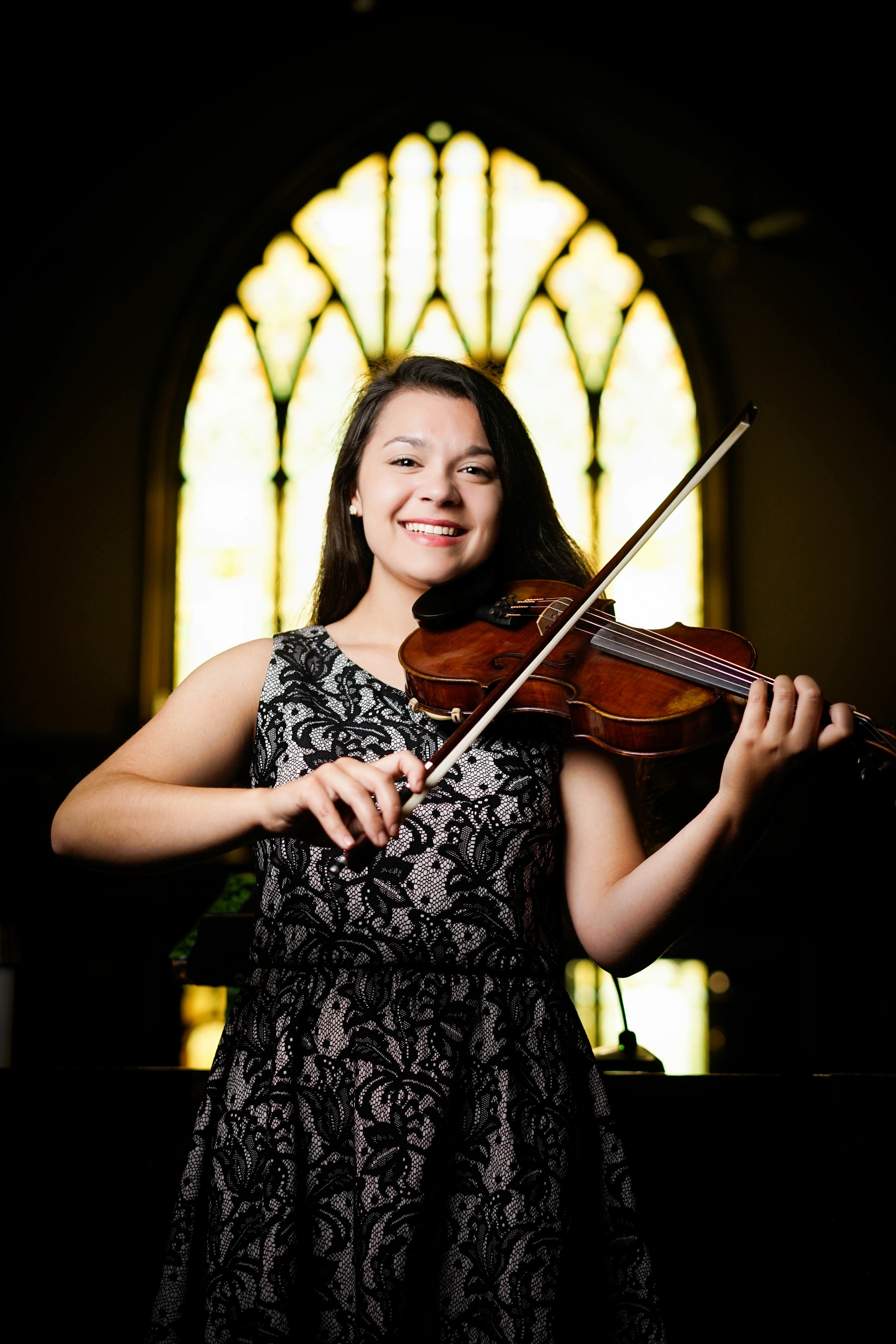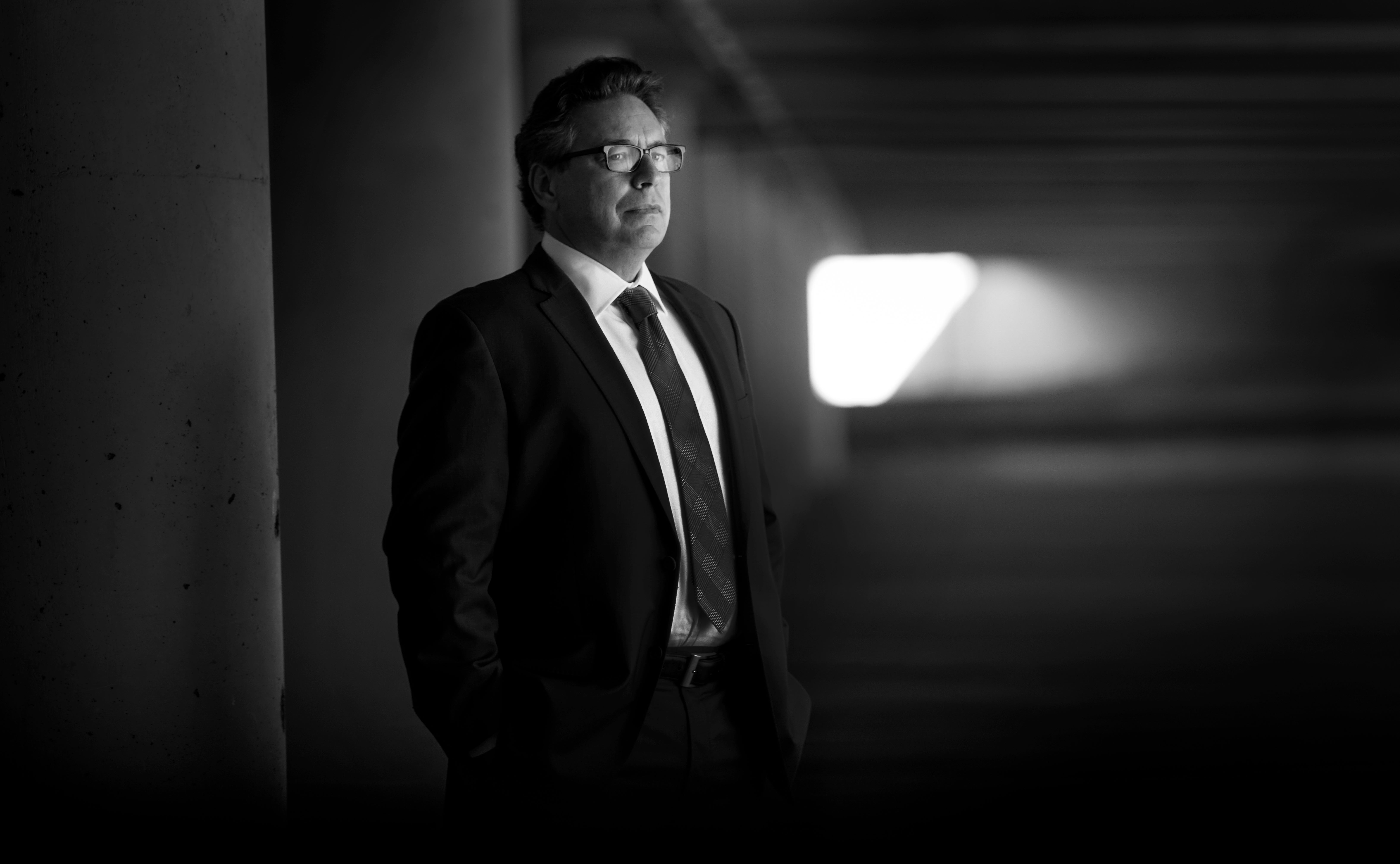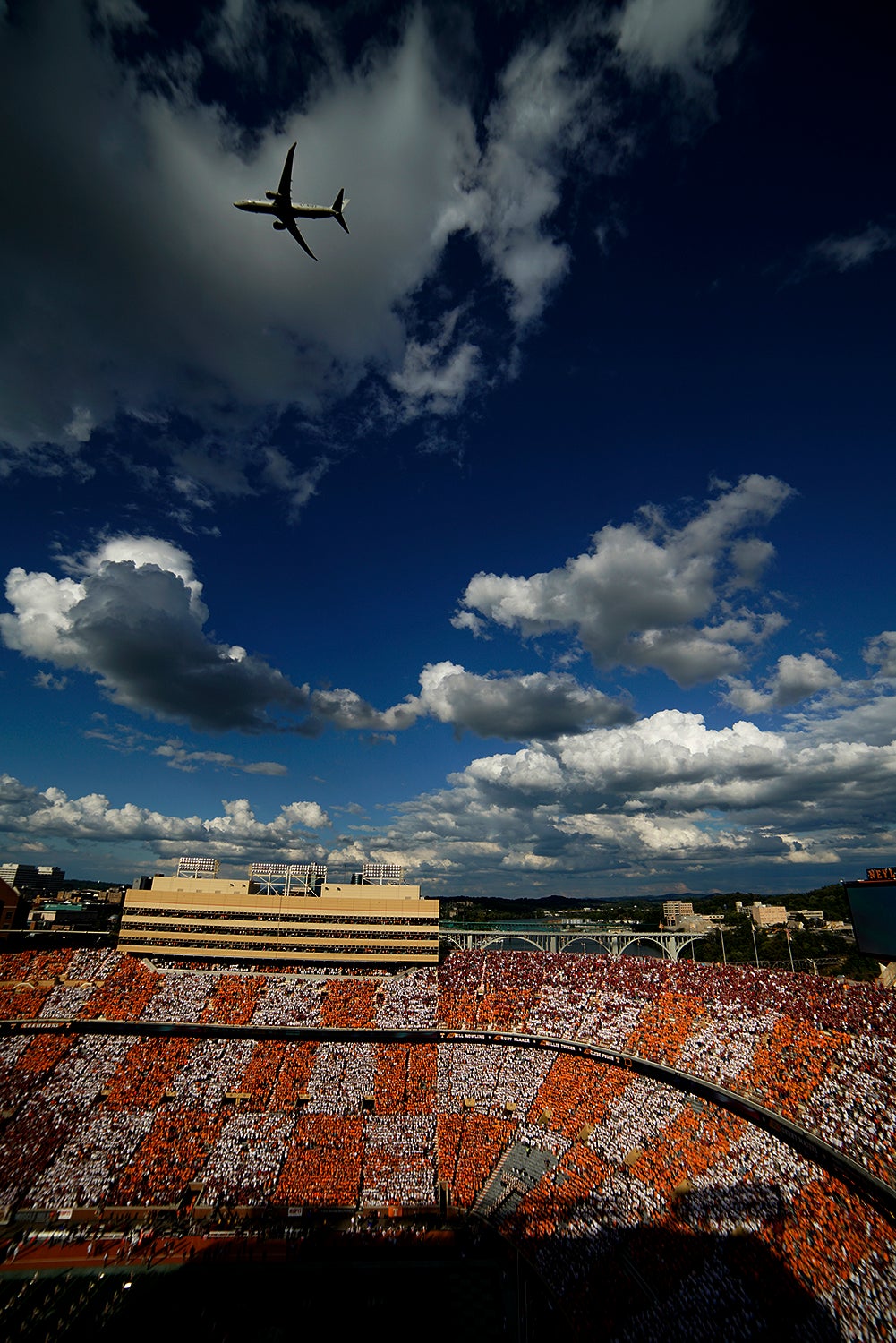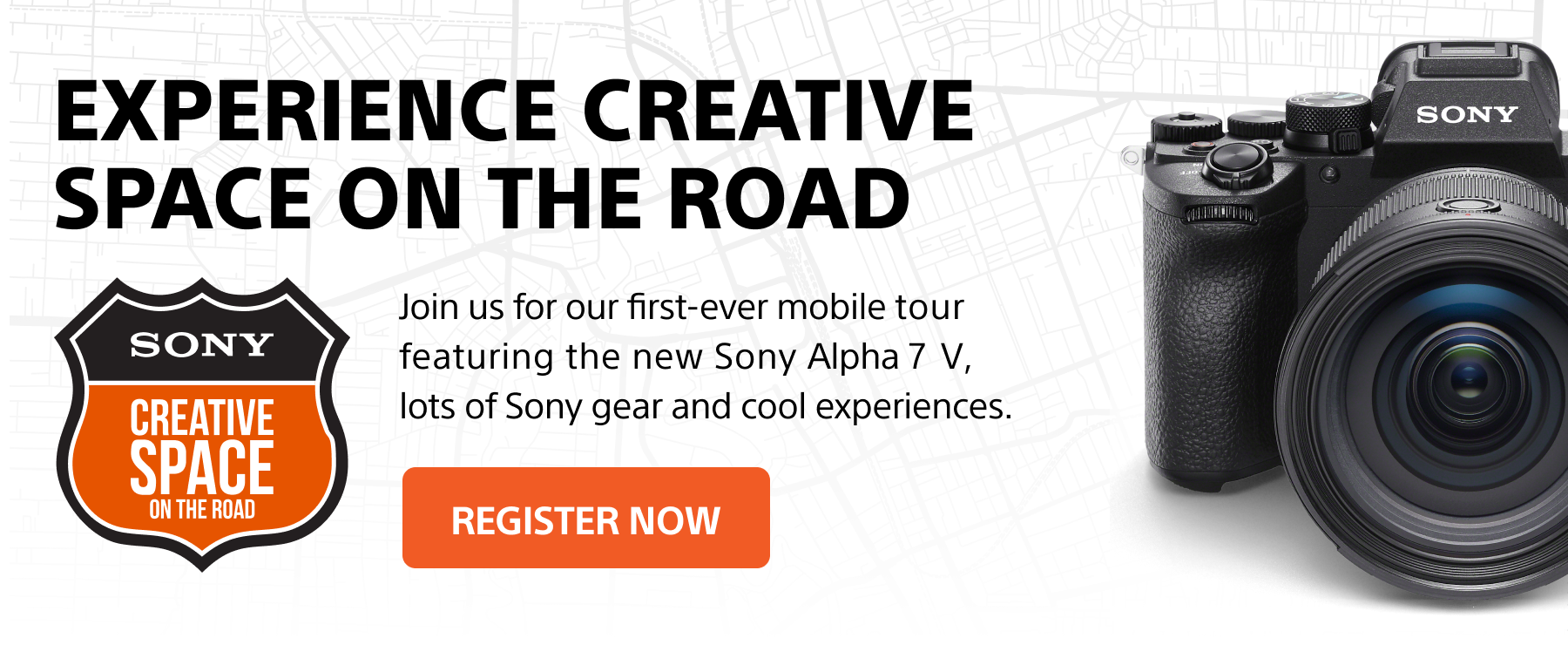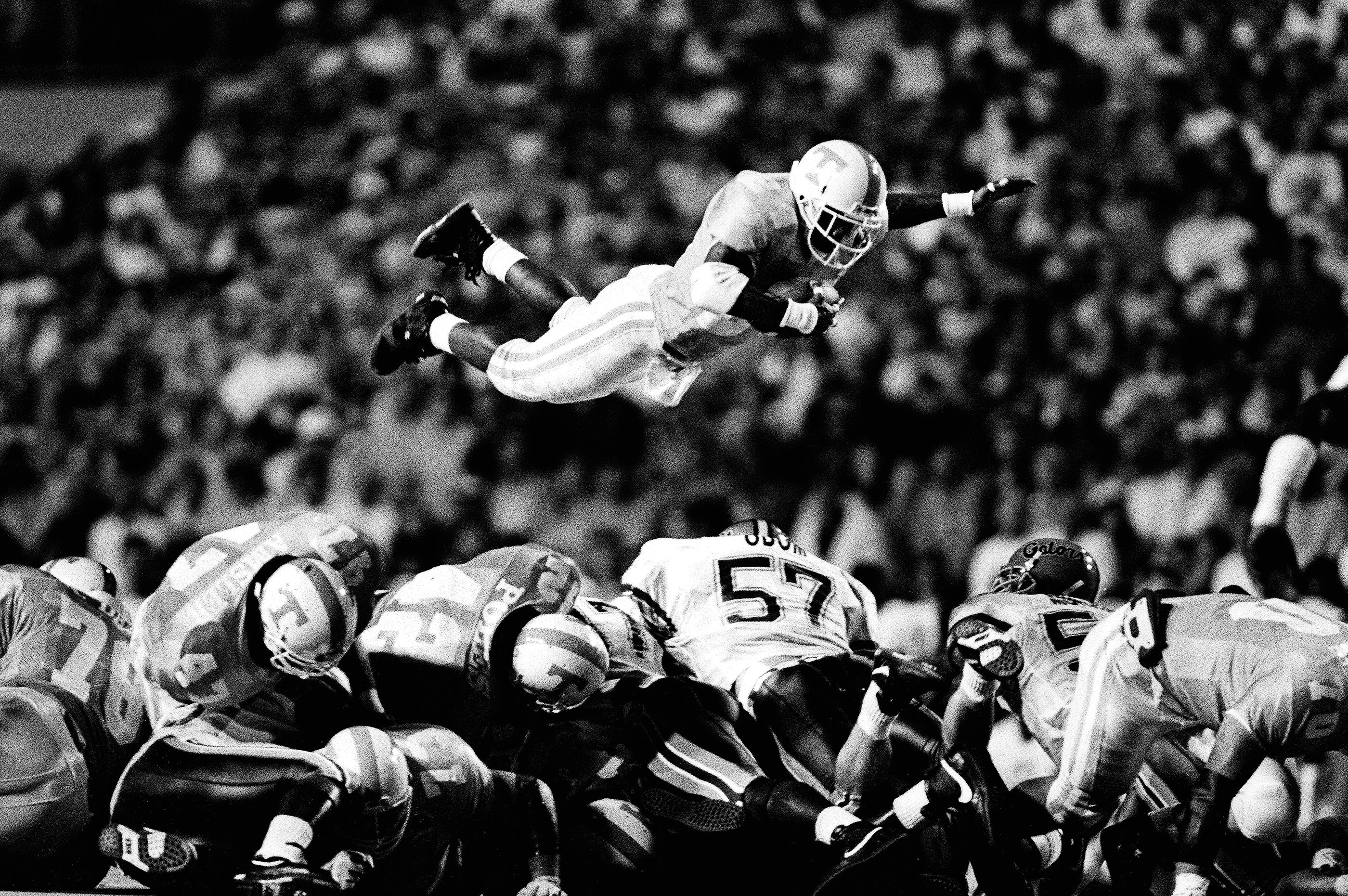
Photos by Patrick Murphy-Racey
Words by William Sawalich
Sony Artisan Patrick Murphy-Racey built his career shooting on assignment for Sports Illustrated and commercial clients all over the country. But that was then. These days he’s responding to market forces by shifting his focus to video production—and finding new photo clients from the shrinking pool of those still willing to pay for high quality work.
Alpha Universe: You’re a pretty well rounded professional photographer, no?
Patrick Murphy-Racey: I am a recovering photojournalist. 12-step program, the whole nine yards. I can do anything. Literally. And I do just about everything. The only thing I don’t go out of my way to do is food photography because it’s just way beyond my skill set and I don’t have any patience. You’ve got to be a really patient guy to work with a bowl of oatmeal for three hours.
To put sports away for a minute, there are two things that I do extremely well. One is I can get real moments with real people. And the second is I can make something out of nothing. Those are the two things that really make me stand out. I can walk into a boring boardroom and make a fantastic portrait of somebody in a blank room with blank walls and bad lighting.
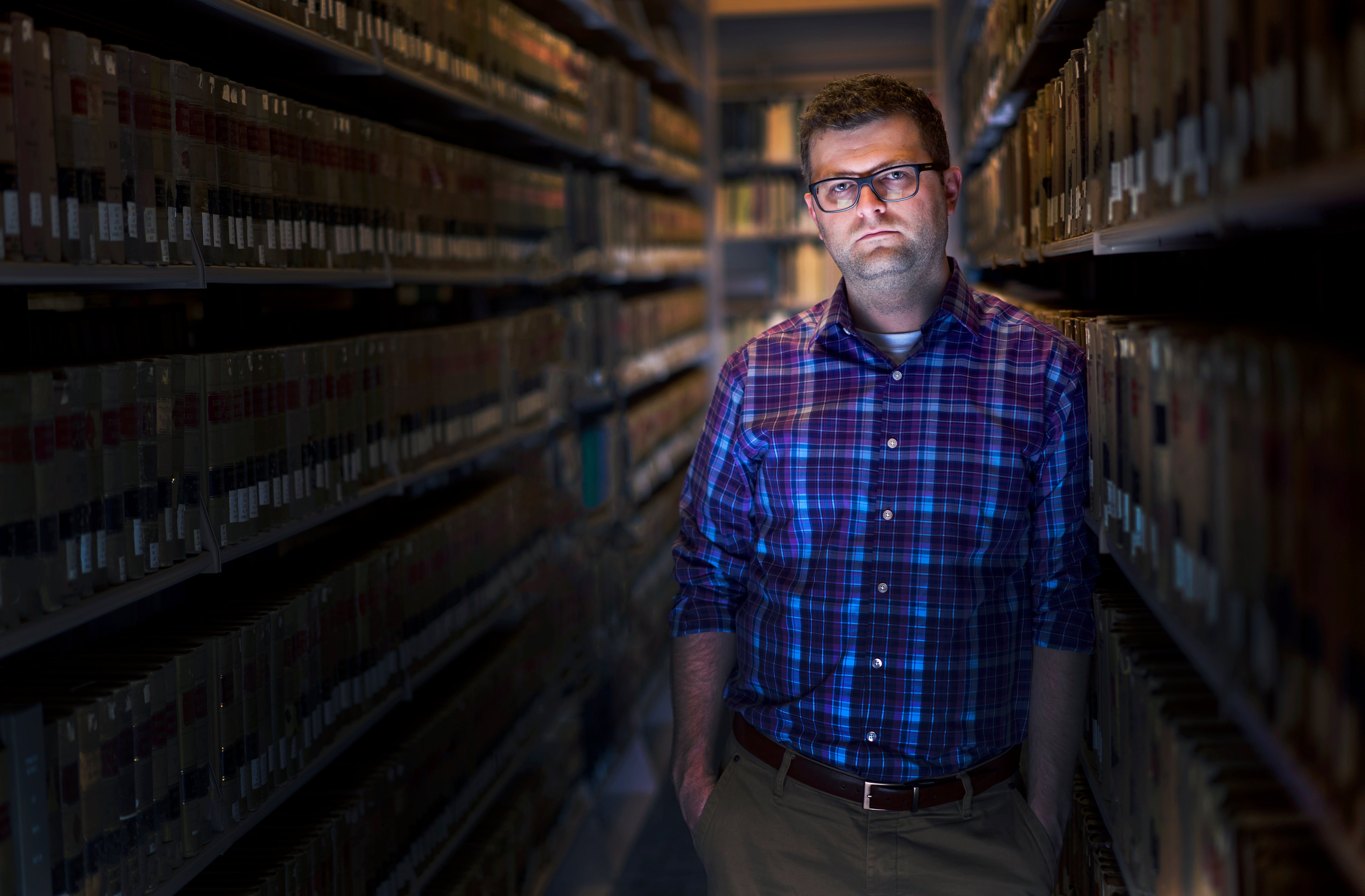
Alpha Universe: When I think of sports action photography, I think blasting away with the camera shooting at maximum frame rate, but that’s not how you do it?
Patrick Murphy-Racey: Here’s the problem. Photographers on the sideline can point the camera at the action and shoot 12 frames a second. The camera is picking the moment. And the funny thing is, if you allow the camera to pick the moment, you’ll miss it almost every time. You’d have to go 20 or 30 frames a second in order to really machine gun something and get the moment.
So I single-frame my way through sporting events. And I get the moment I want because my brain is trained to trigger that fingertip at the exact moment to capture exactly what I want to get. I’m on the [basketball] court working for Getty images for basketball this season, and I’m next to guys from other outlets who are blasting away at 12 frames a second. So at halftime, when it’s time to go up and edit and push out a couple of pictures on deadline, I’m looking at 16 images in one camera and 12 on the other. It’s really easy for me. My stuff’s gone and they’re still struggling with a mass of images while I’m walking back to the game. They’re missing a good eight to 10 minutes of real time of the second half while I’m back on the court. I’m getting pictures, they’re not. So the ability to single-frame things, and really having a fingertip and a brain that are tuned into the moment, the moment, of peak action…it’s everything. When you’re talking about sports like volleyball and tennis…you just can’t motor drive that stuff. You’re just wasting shutter actuations and wasting card space. It’s totally useless.
Alpha Universe: So how do you light a basketball game?
Patrick Murphy-Racey: There are two things that make it possible to really make better pictures than anybody else. One is power. And the other thing is actually more important than power: Flash duration. The shorter the amount of time that tube is lit up, the more you can capture the action. You have to put on your thinking cap for this one. Here’s the deal: I use the Sony α6300 which syncs at 1/200th of a second. If I can get four-and-a-half to five stops over the ambient light with my strobes the effective shutter speed becomes the speed at which the flash fires. For me it’s 1/3500th of a second. So my exposure is effectively 1/3500th of a second at f/5.6 at ISO 100. That’s my system at Tennessee which seats 25,000. It’s like about an NBA arena. The further away from the subject you place the light, the greater the area of coverage. The catwalks are 185 feet from the floor, so the entire floor and about 15 rows up all around the entire arena is all the same exposure.
A lot of professional sports arenas have lighting systems built in and they give select photographers radio controller to trigger them, but I work in places where that isn’t always the case. When it’s allowed by the venue, it doesn’t take that much time to set up lighting and you’ve got to buy liability insurance—which I have. What’s funny is I’ll be working next to a guy who spent $11,000 on a 400mm f/2.8 when a strobe system only costs $7,000. So I’m smoking everybody in the room. Because I’m lighting, I’m going to shoot their doors off.
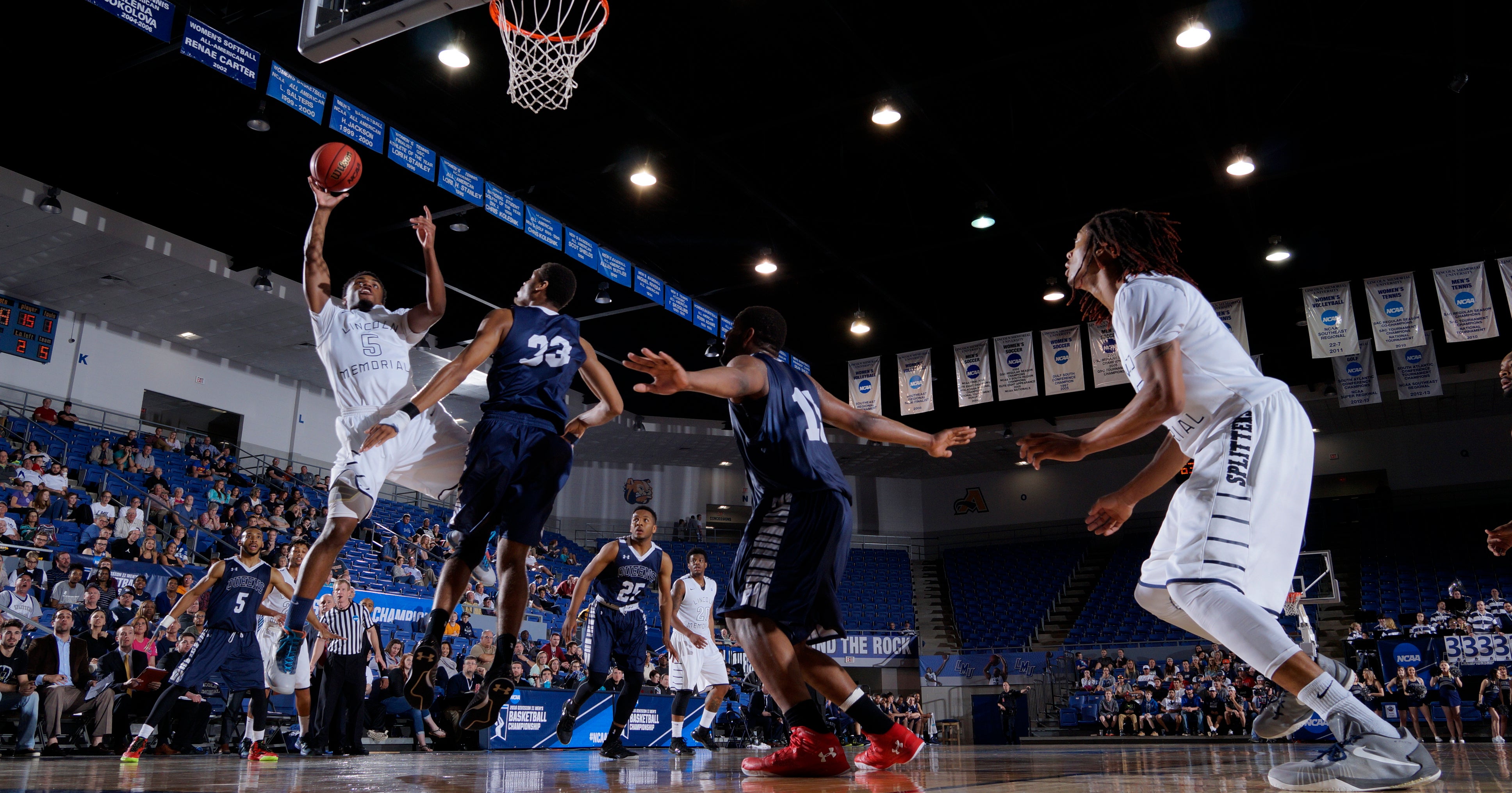
Alpha Universe: What’s your go-to gear for shooting basketball?
Patrick Murphy-Racey: As soon as I could get my hands on it, I decided to go with the Sony a6300 as my main camera. The combination is the α6300 with the Sony Sony Vario-Tessar T* E 16-70mm f/4 ZA OSS zoom, it’s equivalent to 24-105mm, f/4 constant aperture. That’s my close-end-of-the-court camera and it gives me a huge range from half-court to right under the basket. I can sit on the outside, in the middle or right under the basket. It’s a great combination for everything I want to do in that way. And then the down-court lens is going to be the new Sony FE70-200mm F2.8 GM G Master lens because that becomes a 105-300mm f/2.8 zoom, which is killer for sports. With those a6300 rigs I’m covering full court with two cameras and I’m set. I’ve got two remote a6300 cameras too. So all told, I’ll use four cameras; two in my hands actually shooting and one in each post so that if I get blocked and I can’t see because of the ref, then I just hit a button and the remote fires. So no matter what I get the picture.
Alpha Universe: Because that’s what you get paid to do as a professional.
Patrick Murphy-Racey: Exactly.
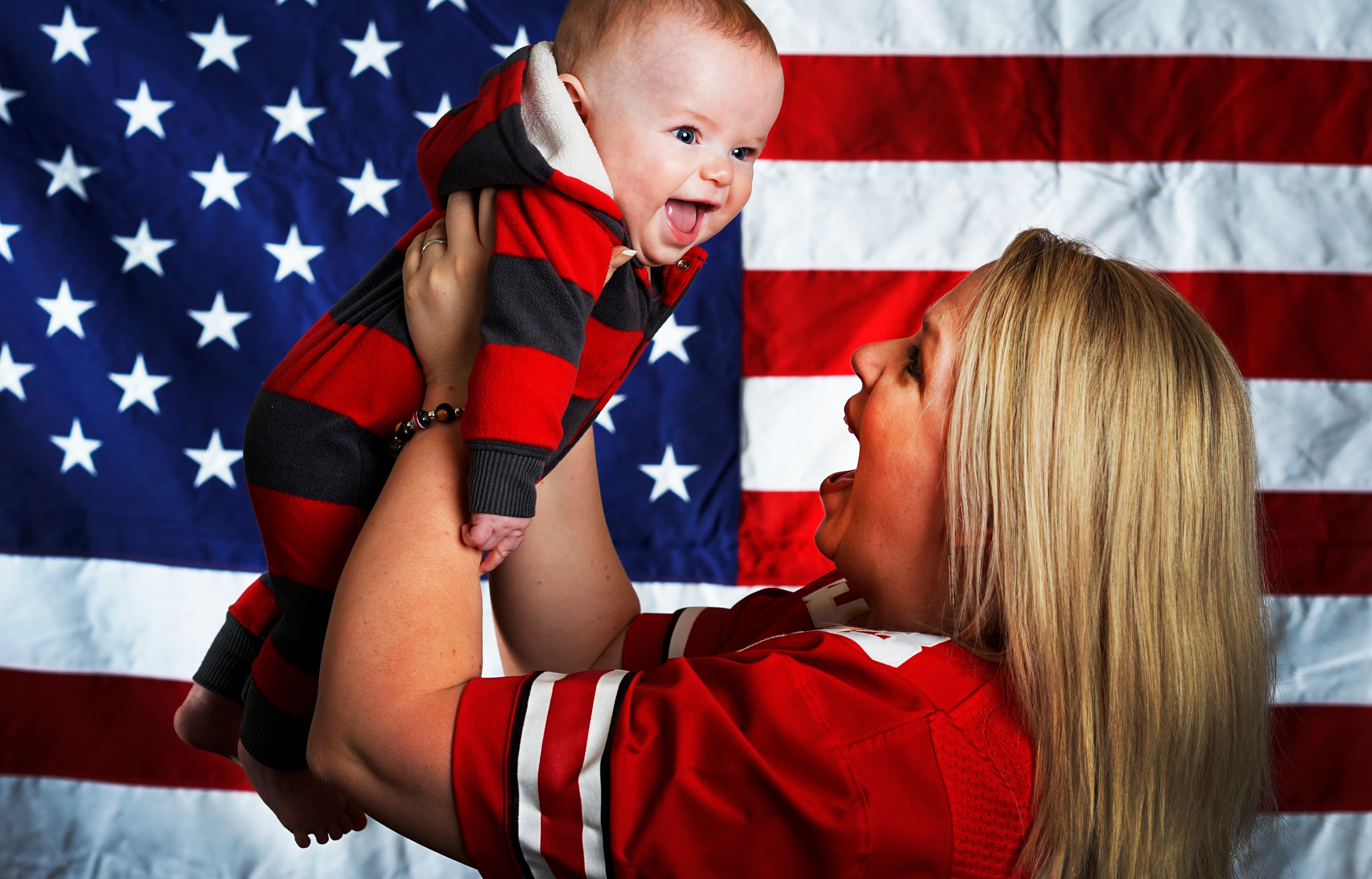
Alpha Universe: Even in a tough business environment for sports photographers, that ability…that assurance that you’re going to get the shot still has to be sellable.
Patrick Murphy-Racey: Yes. If I can get the job, absolutely, I kill it. The other thing is I’m really good—especially in the video part—at working with someone who’s not a professional and getting what I need out of them. I’m very good at that. And I carry the same excellence in lighting that I have in my stills into my video work. And I also bring in audio skills as well. My audio is huge selling point for me on the video side.
Alpha Universe: I understand in many ways video has replaced photography as your primary focus?
Patrick Murphy-Racey: Sadly, yes. I’m happy that I can still do something that’s visual, but it’s not what I thought I’d be doing. I turned a funny corner a couple of years ago. I was doing work for a healthcare provider, it was a new outfit that had moved to town, and they built a massive facility. They had been coming to me for video and I had probably done three or four assignments for them over a year and a half, and then they called me in for a meeting to plan a big event. In the middle of the meeting this executive says to me, ‘Pat, you do such good work, can you recommend a good still photographer?’ And I just laughed. She said ‘what’s so funny?’ I said ‘that’s all I’ve ever done. Video is just something I’ve picked up in the last five years.’ She said ‘really, so we can use you for both?’ I said ‘yeah, that would be great.’
I made the decision in 2015 that it was going to be the final year I referred to myself as a “photographer”. Because that’s not what I am. I’m more like digital capture specialist. To say I’m a videographer is not really appropriate, because I do more than that. I’m not sure what label you put on it, but I’m going to survive and I’m going to advance and I’m going to do good work.
Alpha Universe: I get the impression the switch to video was out of necessity.
Patrick Murphy-Racey: I like to say it like this: “Survive And Advance.” That’s my moniker. What I’ve always been known for is being on the cutting edge… the guy who’s already doing what we’re all going to be doing in five years. That’s who I’ve been my whole career. So I’m constantly assessing my surroundings, trying to figure out how can I transcend my existence. What’s next? What’s next? I want to be there already when everyone else arrives. I made the transition to all 4K last year. There are people who shoot video for a living and don’t even know what 4K is. They don’t even understand it. And they sure don’t know why it’s so important to understand and use.
A friend of mine does video production for a living. He tried and tried to do this one shot and they couldn’t do it. So he called me and said ‘how would you do this?’ I explained how I’d use the Sony α7R II with the Sony Distagon T* FE 35mm f/1.4 ZA lens. I’d have it on a Ronin M gimbal system and how I would mic up the talent to get perfect audio of the whole thing. It’s basically a CEO walking slowly, using his hands a lot, and there are windows on the sides. He said ‘how many takes would it take you to get a good take?’ I said it all depends on the guy and whether or not he screws up his lines. ‘So you mean you could get it in one or two takes?’ I said ‘yeah, no problem.’ ‘How much prep would you need?’ I said I’d need to set up the Ronin and balance the camera—that takes about 15 minutes—and I’d be ready to go. They called me back and asked what I would charge to do it? I had it set up and they got an assistant to push me in a wheel chair that I use as a dolly and in two takes I was done.
Alpha Universe: And to get that perfect audio?
Patrick Murphy-Racey: Sony makes a microphone system, a lav. It’s not a special mic but they make their own that’s under $600. They make a smart shoe adapter that you put on the microphone receiver and then you mount it in the hot shoe of the α7R II. It’s completely cordless and it gives me bad-to-the-bone perfect 48k audio. NPR quality audio. It’s single system so it records directly to the card as I’m shooting the video. And because it’s so small and lightweight, I can actually use it on the camera when it’s attached to the Ronin. It’s awesome.
Alpha Universe: Can you tell me a little more about the equipment you’re using for stills and for your 4K video work?
Patrick Murphy-Racey: I’m all in with Sony gear. As a photographer trying to stay relevant, I’ve hitched my horse to the winner in every possible aspect. The α6300 is such a great example of this. They’ve given us a $1,000 camera with a silent shutter. They’ve given us a camera with a killer AF system. They’ve given us a camera that doesn’t just shoot 4K, it shoots 6K and down-samples it to 4K because that’s all we can handle right now. Are you kidding me? Every step of the way I’m just completely blown away by Sony as a company and how they’re not even looking at their left and their right. They’re just so far ahead. There’s nobody with them. And they keep gaining speed, market share and knowledge. It’s just awesome to be in a partnership with them. I feel so fortunate to have discovered them, and to have a relationship as a Sony Artisan Of Imagery.
Alpha Universe: In the current challenging state of professional photography and videography, how are you getting your clients today?
Patrick Murphy-Racey: In the past, I never had to go after work. It’s always come to me. I can’t do that any more. There’s way too much competition. Just having a website is clearly way too passive to do that. My social media activity gets me more work now than my website does, by a long ways. So being very active with blogging in particular, and also with Facebook and just putting out interesting content out is critical.
I’m doing battle. I’m out there with a big, bloody sword every day, pushing out quality pictures on Instagram. I’m doing my part all the time. When I make a really nice photograph it’s going up there. It’s never from my iPhone. It’s coming out of a Sony camera and I’m toning it and then I’m emailing it to myself so that I can get it on my iPhone and then I’m posting to Instagram. That’s happening all the time. I don’t put up weak pictures. So when people see me post something, they’re more apt to look at it. And when I don’t have anything to say, I don’t put anything up. I try to not be trivial. There’s so much lightweight nonsense, just horrible quality and people not thinking. I lived in a time when to be published was such a big deal. Now publishing is something people do 30 times a day.
Alpha Universe: What are some of your biggest challenges in the current photography and videography markets?
Patrick Murphy-Racey: I live in a small town. I used to be a big fish in a small pond. Now I’m just an old fish in a small pond, where nobody calls anybody for anything any more. The designers that always wanted photographers with skill, now they’re shooting all the pictures for the annual report. You’ve got to be kidding me! I’ve turned away requests from two small schools with journalism programs that wanted me to come up and give a workshop for writers on how to use an iPhone for newspapers. I said absolutely not, I’m not interested in doing that, I’m very sorry. That’s the wrong way to go.
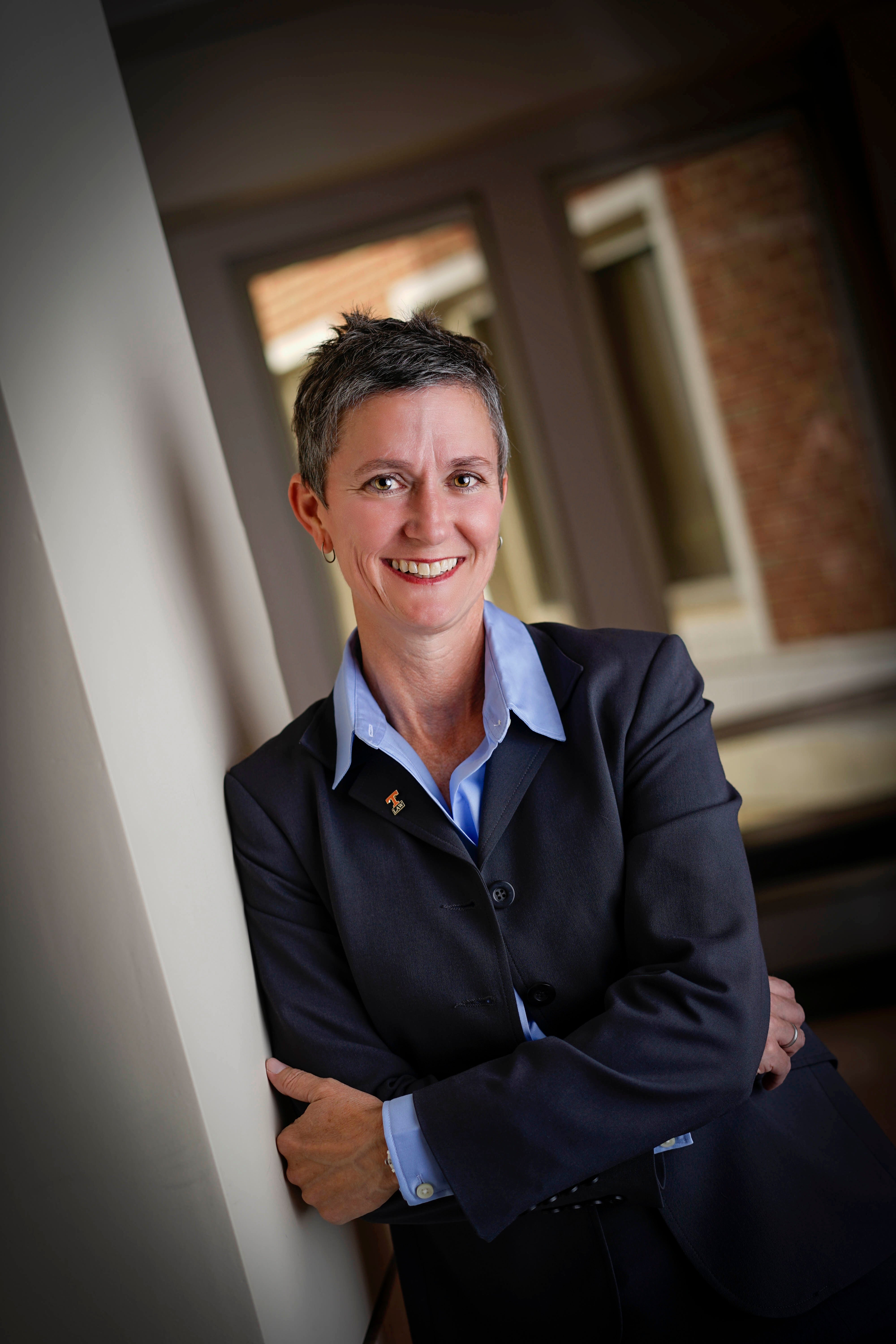
Alpha Universe: They had no idea what they were asking?
Patrick Murphy-Racey: They were shocked. They said, ‘Oh gosh, you’ve been so helpful to us in the past.’ ‘That’s because I was talking to you about photography as its own art. As its own thing. Now you want to make it a period. You want to make it an exclamation point. It’s not grammar. It’s essential.’
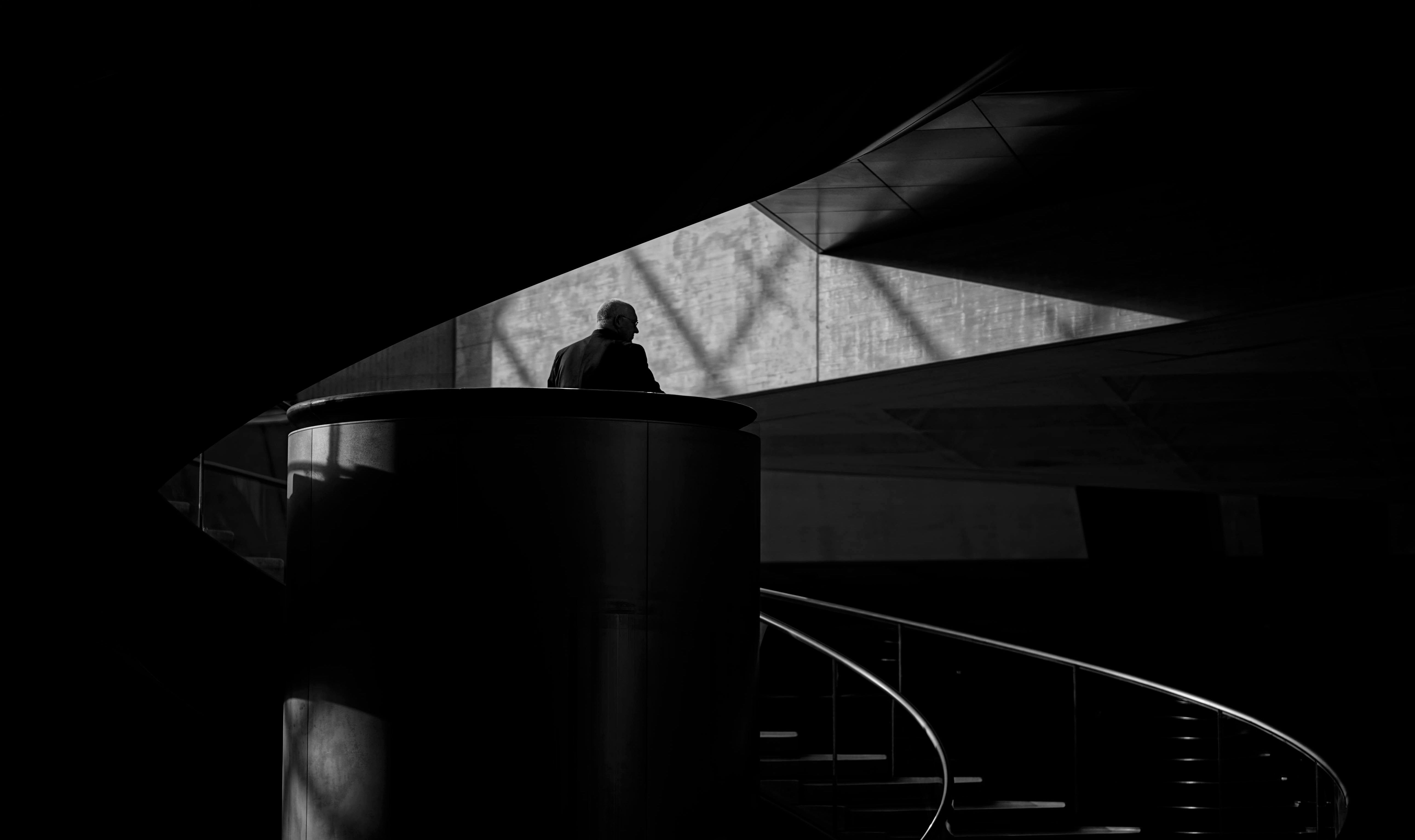
Alpha Universe: How do you combat that devaluation?
Patrick Murphy-Racey: This is the positive spin: I am committed to never stop doing it the right way. Never. And there are very few people out there who are discerning enough to know the difference between what I’m doing and what other people are doing. But I refuse to drop my standards, drop my quality, for any reason. I’m going to light things.
Here’s a good example. On Saturday I left the house at 10 o’clock in the morning, I drove an hour and 15 minutes into the middle of nowhere and I unloaded my car and put up four Dynalite strobes and lit a basketball arena that seats about 5,000. And I shot a women’s game at 2 o’clock and I shot a men’s game at 4. And then I took all that gear out of that building and drove home. And I did all that for $1,000. Now, if you’d asked me to do that ten years ago I’d have told you ‘not a chance’. But now, I jump at the opportunity to make these beautiful pictures that nobody asks me to make any more. And that school will have the best photography of anybody in its conference for the next two years.
My stuff will blow the doors off of everything. It’s the culmination of all the photography being shot by I don’t know who, because nobody else from those schools lights anything. And now they have all these gorgeous pictures shot at ISO 100 at f/5.6, and everything is gorgeous. It’s perfect.
I’m 51 years old and you better not try to compete with me. You might get a lot of work I used to get, but if we’re after the same job you just better hope it’s not me you’re trying to get it against. Because if people look at my work, there’s going to be a difference.
